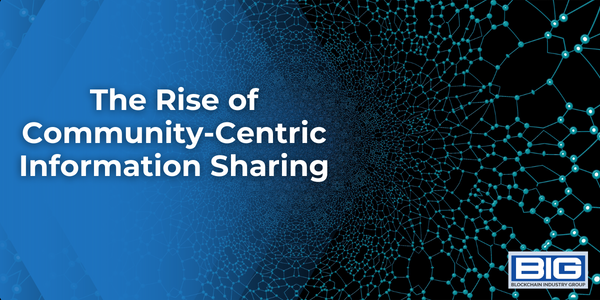
As technology continues to evolve, it is becoming increasingly clear that traditional forms of content creation, such as blogs and websites, may become obsolete. However, this does not mean that the need for information and human interaction will disappear altogether. In fact, the rise of community-centric information sharing suggests that the future of content creation may lie in fostering meaningful human connections and interactions.
For many years, blogs and websites were the go-to sources for information on a wide range of topics. They allowed individuals to share their thoughts and experiences with a global audience, and helped to create vibrant online communities around shared interests. However, as technology has advanced, these traditional forms of content creation have become less relevant. With the rise of AI-powered language models like ChatGPT, users can now access information quickly and easily without the need for traditional websites or blogs.
As a result, many experts predict that the future of content creation will be community-centric. Instead of relying on individual bloggers or websites to provide information, users will turn to online communities and social media platforms to share information and engage in meaningful conversations with others who share their interests. These communities will be built around shared values and experiences, and will be powered by the collective knowledge and expertise of their members.
One of the biggest advantages of community-centric information sharing is the ability to foster meaningful human connections. Unlike traditional websites and blogs, which can often feel impersonal and detached, online communities provide a space for individuals to connect with others who share their interests and experiences. This sense of community can be particularly important for marginalized groups, who may struggle to find support and understanding in the broader society.
Another advantage of community-centric information sharing is the ability to provide more nuanced and diverse perspectives on a given topic. Rather than relying on a single blogger or website to provide information, users can access a wide range of opinions and viewpoints from members of the community. This can help to promote greater understanding and empathy, and can challenge users to think critically about their own beliefs and assumptions.
AI Investment Services: Top 5 Ideas
—
AI Software Applications: Top 5 Ideas
—
AI-Created Videos: A Threat to YouTube?
Of course, community-centric information sharing is not without its challenges. Online communities can be susceptible to misinformation, trolling, and other forms of toxic behavior. However, many platforms are taking steps to address these issues, such as by implementing community guidelines and moderation policies.
Ultimately, the rise of community-centric information sharing represents a shift away from traditional forms of content creation, and towards a more collaborative and human-centered approach. While the future of content creation may be uncertain, one thing is clear: the need for meaningful human interaction and community-building will remain as important as ever. By embracing this new paradigm, we can create a more inclusive and empathetic online world that reflects the values and experiences of its users.



